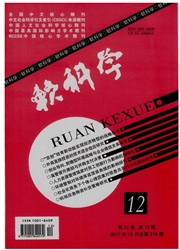

 中文摘要:
中文摘要:
在电力零售市场引入实时电价(RTP)制度后,当零售市场还处于配电公司垄断经营的阶段,仍需要对配电公司的零售电价进行规制。作为垄断经营者的配电公司将以利润最大化为目标,但其零售电价将受到不同规制政策的影响。本文以拉姆齐规制政策为标杆,分析了价格上限和收入控制规制两种规制政策对配电公司零售电价的影响。研究表明价格上限规制政策下,零售电价普遍高于拉姆齐定价,而收入控制政策下,配电公司在低谷时段的零售电价将低于拉姆齐定价,而在高峰时段的电价高于拉姆齐定价,通过算例进一步验证了上述结论。
 英文摘要:
英文摘要:
The retail electricity of a monopolizing distribution company still have to be regulated after the real-time price (RTP) is utilized in the retail electricity market since the market is monopolized. The distribution will target profit maximization but its retail price is affected by regulation policy. The impacts of the policy of the price cap or revenue control regulation on retail price are analyzed by comparing the affect of the optimal price of Ramsey. The results show that the retail price under the price cap is higher than the one under the Ramsey. The price under the revenue control is lower than the one under the Ramsey in the valley periods, while higher in the peak periods. The example demonstrates the proposed conclusions.
 同期刊论文项目
同期刊论文项目
 同项目期刊论文
同项目期刊论文
 期刊信息
期刊信息
